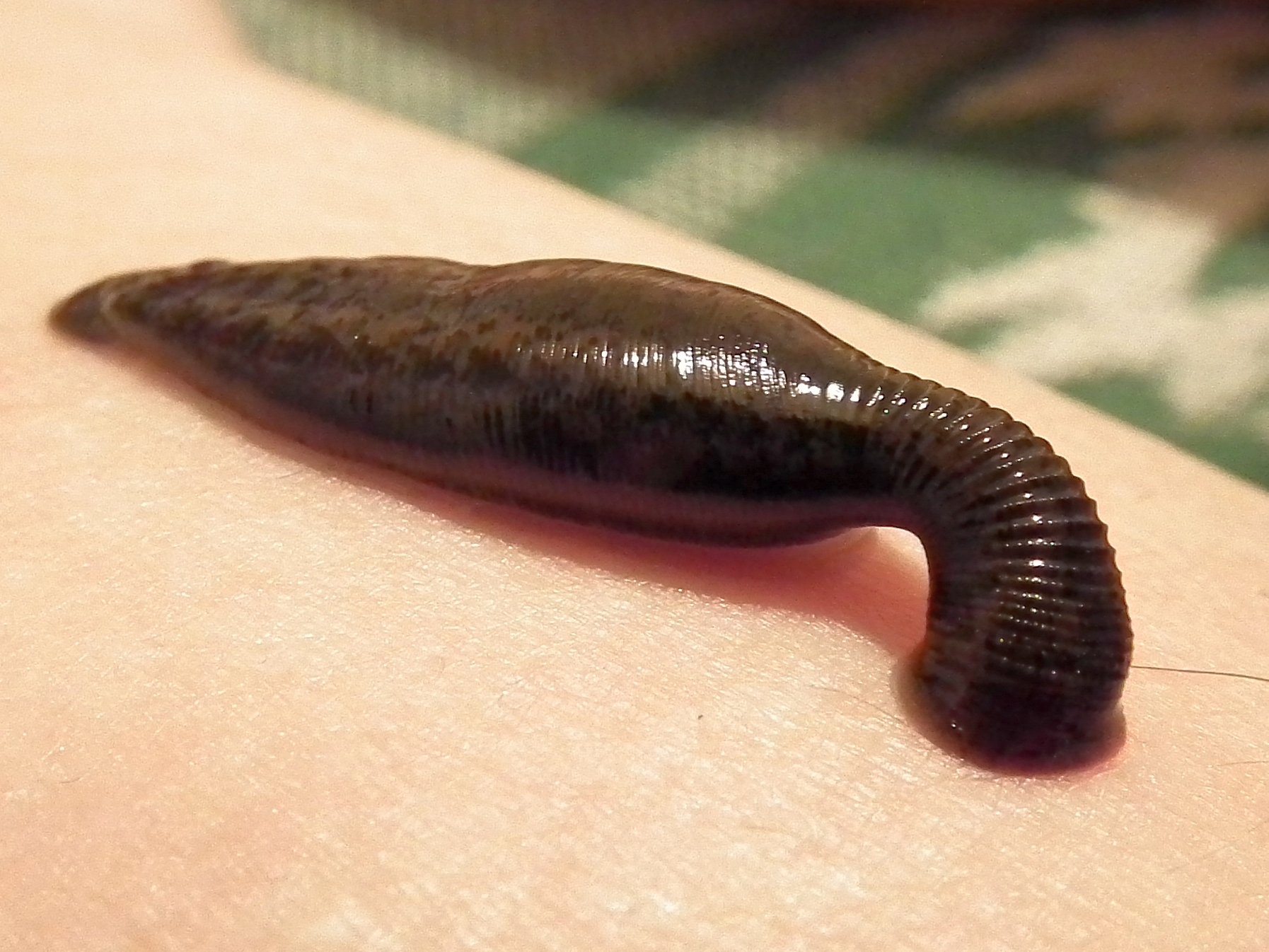Leech Gatherer on:
[Wikipedia]
[Google]
[Amazon]

 A leech collector, leech gatherer, or leech finder was a person occupied with procuring
A leech collector, leech gatherer, or leech finder was a person occupied with procuring
Science Museum. Accessed 2 September 2011. Leech collectors were active across the United Kingdom, with
Romney Marsh Countryside Project. Accessed 2 September 2011. is identified as being " Near Threatened" by the
Maggots and leeches make a comeback
Science in Africa {{Portal bar, History of science, Medicine Obsolete occupations Traditional healthcare occupations
 A leech collector, leech gatherer, or leech finder was a person occupied with procuring
A leech collector, leech gatherer, or leech finder was a person occupied with procuring medicinal leeches
''Hirudo medicinalis'', the European medicinal leech, is one of several species of leeches used as "medicinal leeches".
Other species of ''Hirudo'' sometimes also used as medicinal leeches include '' H. orientalis'', ''H. troctina'', and '' H. ...
, which were in growing demand in 19th-century Europe. Leeches were used in bloodletting but were not easy for medical practitioners to obtain. The collector would sometimes gather the leeches by attracting them to the legs of animals, often old horses. More commonplace was for the collector to use their own legs, gathering the leech after it had finished sucking enough blood. Many in the profession suffered from the effects of the loss of blood and infections spread by the leeches.Leech collectorsScience Museum. Accessed 2 September 2011. Leech collectors were active across the United Kingdom, with
bog
A bog or bogland is a wetland that accumulates peat as a deposit of dead plant materials often mosses, typically sphagnum moss. It is one of the four main types of wetlands. Other names for bogs include mire, mosses, quagmire, and muskeg; a ...
s and marshes being the best hunting ground. They were described by artist George Walker in his 1814 book ''The Costume of Yorkshire'' as being predominately Scottish women. Robinson, Tony. The Lake District
The Lake District, also known as the Lakes or Lakeland, is a mountainous region in North West England. A popular holiday destination, it is famous for its lakes, forests, and mountains (or ''fells''), and its associations with William Wordswor ...
and Somerset Levels had particularly suitable sites. ''The Worst Jobs in History
''The Worst Jobs in History'' is a British television series hosted by Tony Robinson on Channel 4. The second series was shown in March 2006 on History Television in Canada, then in April 2006 on Channel 4 in the UK. The first season is also show ...
''. Pan. p.54–56.
The career was seasonal; leech collectors could not work in the colder months because the leeches would not be particularly active.
There are obvious negative effects of being repeatedly bitten by leeches, most commonly the significant and dangerous levels of blood loss. The leeches would suck on the legs of the collector for 20 minutes or more, and even when they had finished the resultant wound continued to bleed for up to ten hours.
Leech collectors were not well paid. William Wordsworth's poem '' Resolution and Independence'', written in 1802 and published in 1807, was inspired by an encounter Wordsworth had with a "leech-gatherer". In Stanza XV he describes the hardships that the old, poor leech collector had endured:
Parts of the poem have been interpreted as drawing similarities between leech collectors and poets, comparing the difficulties of finding leeches with the struggle to write poetry. The old man in the story is said to "have wisdom and fortitude that can elevate the wiser poet".
Decline
'' Hirudo medicinalis'', the only species of leech in Britain that can suck human blood,Medicinal Leech (Hirudo medicinalis) In the Romney Marsh Natural AreaRomney Marsh Countryside Project. Accessed 2 September 2011. is identified as being " Near Threatened" by the
IUCN
The International Union for Conservation of Nature (IUCN; officially International Union for Conservation of Nature and Natural Resources) is an international organization working in the field of nature conservation and sustainable use of natu ...
. Their decline dates back to the time of the collectors and Wordsworth refers to the fall in their numbers in ''Resolution and Independence'' Stanza XVIII:
The collection of leeches became a sizeable industry by the mid-19th century: 30 million were exported from Germany to America annually and French imports of ''H. medicinalis'' in 1833 were in the region of 42 million. By the 1850s, leeches were difficult to find in Britain and other parts of Europe, and importing them from Central Asia made their use expensive.
By the turn of the 20th century ''H. medicinalis'' had disappeared from most of Europe and was declared extinct in the British Isles, but they were rediscovered in parts of Great Britain from 1970 onwards. The dramatic drop in numbers was blamed partly on the over-collection of the species but also on the dramatic reduction of their habitat. The largest population currently in Britain is believed to reside in the Romney Marsh.
The leech collecting industry also declined as the medicinal value of bloodletting and the use of leeches was questioned in the mid-to-late 19th century, under the influence of Rudolf Virchow's work on cellular processes and the eventual rise of the germ theory of disease.
Leeches are now used again in modern medicine, but they are not collected from the wild.
References
External links
Maggots and leeches make a comeback
Science in Africa {{Portal bar, History of science, Medicine Obsolete occupations Traditional healthcare occupations